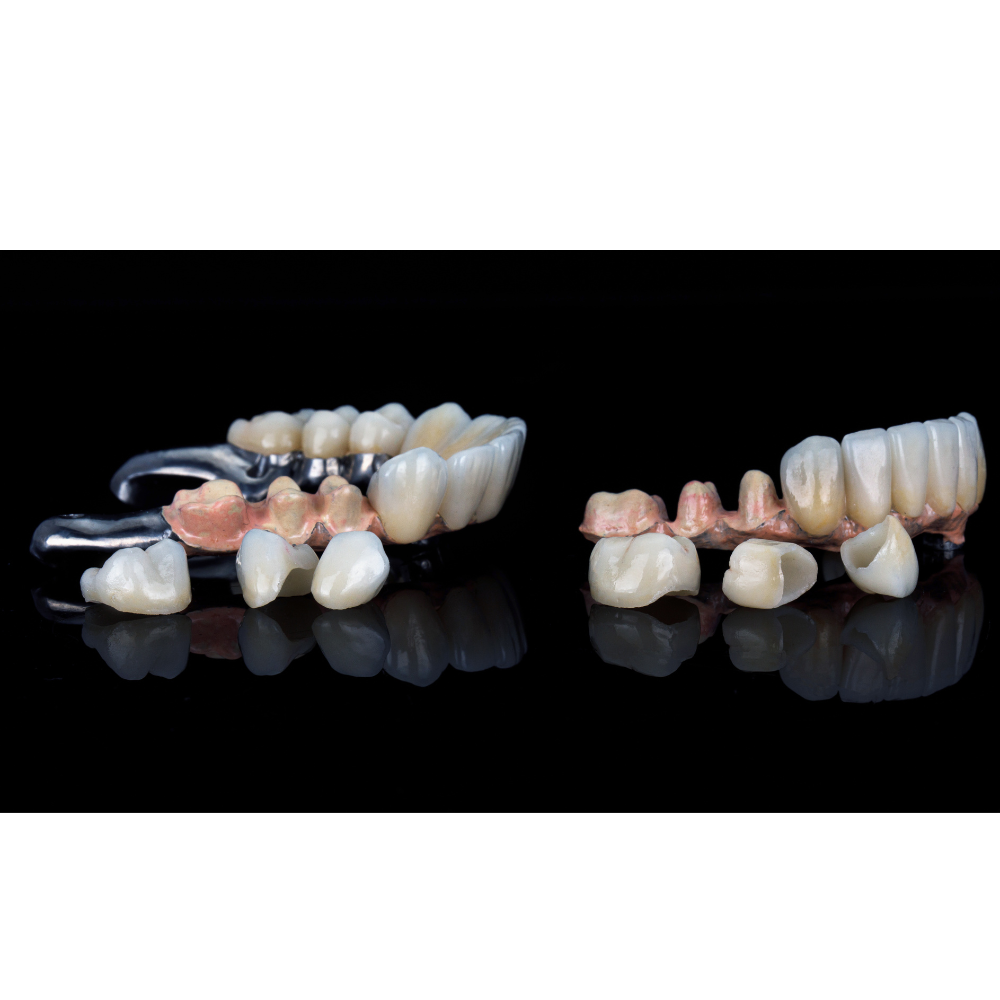What They Don’t Tell You About Dental Implants | The Hidden Truths
Dental implants are amazing, no doubt about it. They can change your life, but there’s more to them than meets the eye. We aim to shed some light on those less-known aspects that can make all the difference in your implant experience.
On this journey, let’s discover what they sometimes tell you about dental implants. You can make informed decisions and begin your implant journey with confidence if you have the right knowledge and understanding. The first thing we should consider is whether dental implants are worth it or not.
Are Dental Implants Worth it?
Yes, dental implants are worth it if you’re looking to restore your smile and overall oral health. Dental implants offer a compelling solution for replacing your missing tooth by investing both time and cost.
Your investment in dental implants means that you invest in your long-term oral health. They just require minimal maintenance and have a high success rate when you take care of them properly.
How Tooth Implants Are Worth It
- Tooth implants offer a long-lasting solution for the replacement of your missing teeth. They provide stability and durability for years to come.
- They help preserve bone density in the jaw, preventing further bone loss and maintaining facial structure over time.
- Implants function like natural teeth they allow you to eat, speak, and smile confidently without any worry about slippage or discomfort.
What They Don’t Tell You About Dental Implants
They don’t tell you that dental implants require a significant healing period. After your implant surgery, it can take several months for the implant to fuse with the jawbone properly. This healing phase is very important for the long-term success of your implant.
Plaque can occur anytime in your natural teeth. Don’t think of your implants as an excuse to forget about good oral health. you can still develop gum disease around the implant and cavities in the surrounding teeth. But no one will tell you about these things regarding your dental implants.
Let’s discuss some hidden truths to empower you to make informed decisions about dental implant treatment.
7 Hidden Truths About Dental Implants
1-Protective Function:
Gaps left by your missing teeth can lead to shifting of adjacent teeth, swollen gums, and even jaw pain. Dental implants act as placeholders, safeguard your existing teeth, and prevent potential infections.
2-Universal Accessibility:
Dental implants are suitable for you if you’re dealing with tooth damage, decay, or loss, regardless of age. They offer you a permanent solution to various dental issues. It also provides relief from pain and prevents further damage.
3-Minimal Maintenance:
Treat your dental implants like your natural teeth, with regular brushing as the primary maintenance requirement. Occasional repairs may be needed for any damage, but overall, dental implants offer simple and easy care.
4-Cavity Resistance:
Dental implants are made up of synthetic materials and are impervious to cavities. While you still need to maintain oral hygiene by brushing and rest assured knowing that your artificial teeth are cavity-free.
5-Selective Replacement:
Contrary to common myths, dental implants don’t require replacing all your teeth. Most patients require only one or a few implants and preserve healthy teeth while addressing specific dental concerns.
6-Natural Appearance:
Dental implants are carefully designed to match your natural teeth in color, shape, and size. They provide a seamless integration with your smile. These custom-designed implants are rooted in your jawbone which mimics the function of natural teeth and allows you to eat and speak comfortably.
7-Jawbone Stability:
Dental implants not only restore your missing teeth but also stabilize the jawbone. They also prevent bone loss that often accompanies tooth loss. This stability is important for the structural integrity of your jaw and prevents complications for surrounding teeth.

Success Rate of Dental Implants
Patients under 40 have a 95% success rate with dental implants which the procedure’s efficacy in younger individuals. For those above 40, the success rate tends to float around 85%.
Some patients in their 60s and 70s have experienced notable success with dental implants. This highlights the procedure’s potential for a diverse range of individuals across age groups.
Factors that Increase Dental Implant’s Success Rate
Implant Quality
High-quality implants made from biocompatible materials, like titanium, are more likely to integrate successfully with the surrounding bone. When you use reputable implant brands and materials they will ensure reliability and durability.
Bone Density:
Sufficient bone density in the jaw is important to help dental implants. Procedures such as bone grafting may be necessary to augment your bone volume in cases where it’s insufficient.
Patient’s Commitment:
You must follow your dentist’s recommendations diligently to optimize implant integration and long-term success. Dietary restrictions and medication regimens are essential for successful implant healing.
People Who Should Not Get Dental Implants
There are certain cases where getting dental implants is not advisable. Here are some people or patients who should avoid dental implant treatment altogether:
- Young patients with unfinished jaw growth.
- Individuals with active periodontal disease.
- Patients with uncontrolled systemic diseases.
- Individuals with insufficient bone density.
- Heavy smokers.
- Patients with poor oral hygiene habits.
- Patients with unrealistic expectations.
- Individuals with insufficient bone density.
Negative Effects of Dental Implants
Dental implants are generally highly effective solutions for tooth loss, there are some negative effects and risks associated with the procedure:
- Implant Fracture or Breakage.
- Infection.
- Sinus Problems.
- Bone Loss.
- Nerve Damage
- Implant Failure.
- Gum Recession.
FAQs
When do I need dental implants?
You need dental implants if you’ve lost a tooth or multiple teeth due to decay, injury, or other reasons. They are a permanent solution to replace missing teeth and restore normal functions like chewing and speaking.
They help preserve your jawbone structure and prevent deterioration over time. If you wear dentures, dental implants can provide added support for a more stable and secure fit.
What is the most common problem with dental implants?
The most common problem with dental implants is inflammation and infection of the tissues surrounding the implant. This condition is mostly caused by poor oral hygiene and leads to bacterial buildup around the implant site.
Does the body reject teeth implants?
The body rejects teeth implants in rare cases. Up to 98% of the body does not reject dental implants. However, complications like infection, peri-implantitis, and improper placement can lead to implant failure.
How painful are dental implants?
The level of pain is usually minimal. Most people find the discomfort associated with dental implants to be manageable and temporary. After the procedure, some soreness and discomfort are common, which can be managed with medication.
What hurts more about tooth extraction or implant?
The pain associated with tooth extraction can hurt you more as compared to the discomfort from dental implants. Dental implant pain placement tends to be milder and more manageable over time.




